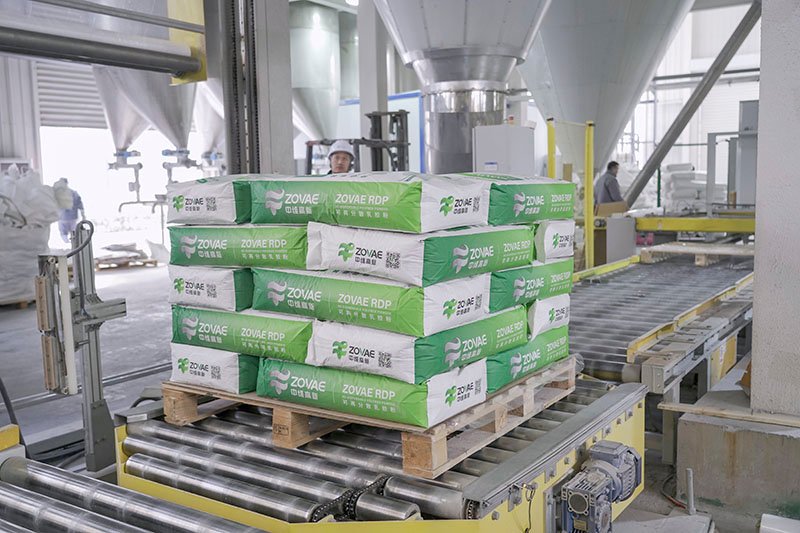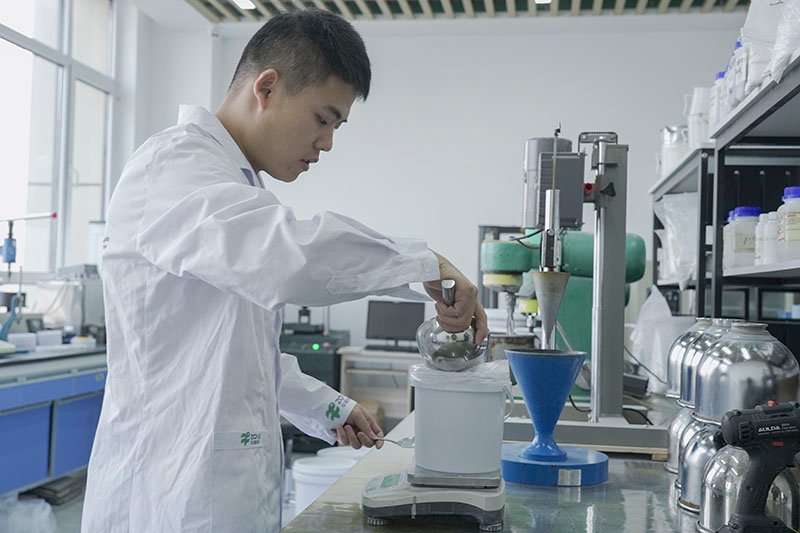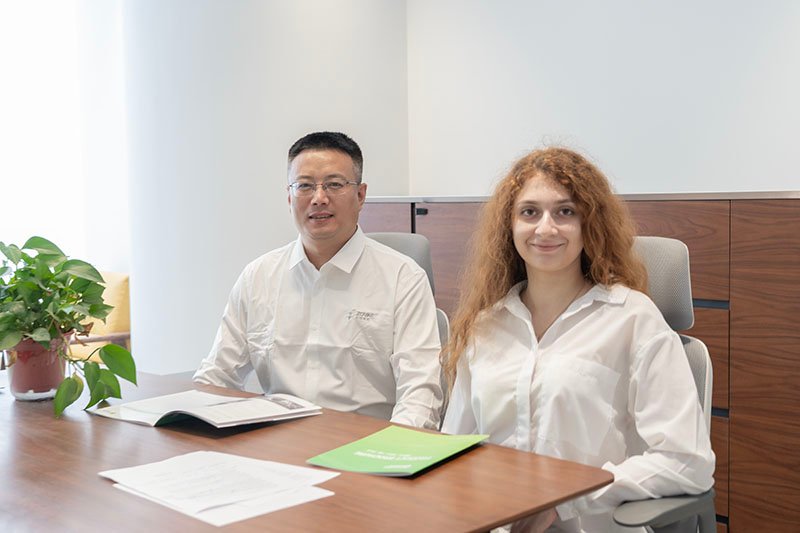Redispersible polymer powder (RDP) is changing how we build stronger, more flexible, and long-lasting structures. But many still overlook its full potential. This article reveals where and how RDP makes a difference—from tile adhesives to EIFS—and why brands like Zovae are trusted in modern construction.
Redispersible polymer powder (RDP) is a spray-dried emulsion used to enhance construction materials like tile adhesives, wall putty, self-leveling flooring, EIFS, and waterproofing membranes. It improves water resistance, flexibility, bonding strength, and durability. RDP dissolves in water and integrates seamlessly into cementitious mixtures, making it ideal for sustainable and efficient construction practices.
Let’s explore the industries that rely on RDP, how it’s applied, and why Zovae is a preferred brand in this evolving material category.


Redispersible polymer powder is used to improve the properties of mortars and plasters in the construction industry. It enhances water resistance, adhesion, flexibility, and mechanical strength. Common application areas include:
•Tile adhesives
•Wall putty
•Self-leveling compounds
•Repair mortars
•External Insulation Finishing Systems (EIFS)
•Waterproofing membranes
These improvements make RDP crucial in both residential and commercial construction projects.
The RDP chemical serves multiple functions in construction materials. When added to dry-mix formulations, it forms a flexible film that binds components together. This leads to:
•Improved workability of mortar
•Enhanced bonding strength to various surfaces
•Better crack resistance
•Increased abrasion resistance
Because of its versatility, it’s widely used in building materials that need long-term durability and resistance to moisture.
To mix redispersible polymer powder with water:
1.Pre-wet the powder by stirring it into cold water to avoid clumping.
2.Add hot water gradually to start the hydration process.
3.Stir consistently until a uniform mixture or emulsion is formed.
In industrial applications, it’s typically pre-mixed into dry powders and activated when water is added on-site.
Redispersible polymer powder is primarily made from:
•Vinyl Acetate-Ethylene (VAE) copolymers
•Sometimes Acrylics or Styrene-Butadiene are used for specialty applications
The powder is produced by spray-drying a water-based polymer emulsion along with additives like anti-caking agents. Upon contact with water, the powder re-emulsifies and forms a consistent polymer film.
RDP is used in a variety of industries including:
•Construction: Mortars, putties, and adhesives
•Building restoration: Crack fillers, bonding layers
•Waterproofing: In basements, bathrooms, and rooftops
•EIFS: As bonding agents in external wall insulation systems
•Flooring systems: Self-leveling compounds for smoother finishes
Its wide adaptability makes it a must-have in both traditional and modern construction systems.
The process includes:
1.Creating a stable water-based polymer emulsion
2.Spray-drying the emulsion at controlled temperatures
3.Adding anti-blocking agents to keep it free-flowing
4.Final packaging in moisture-resistant bags
The spray-drying process allows the emulsion to be converted into a free-flowing powder that can be reconstituted when mixed with water at a job site.
Zovae’s redispersible polymer powders stand out due to:
•Superior film-forming capability
•Excellent resistance to water and alkali
•Enhanced flexibility and strength
•Compatibility with both gray and white cement
•Strict quality control and consistency
Our clients report improved workability, reduced material waste, and better performance in challenging weather conditions.
🔗 [Insert link to Zovae’s product catalog or contact page]
The HS Code commonly used for redispersible polymer powder is 3905.91.00 under the category of polymers of vinyl acetate in primary forms. Always check local customs regulations for accurate classification based on the formulation.
While both are used as modifiers in cementitious systems, key differences include:
| Feature | RDP | Latex Powder |
|---|---|---|
| Composition | Vinyl acetate-based | Styrene-butadiene or acrylic |
| Flexibility | Moderate to high | High |
| Re-emulsification | Yes | Partial or no |
| Cost | Moderate | Higher in most cases |
| Common Uses | Tile adhesives, EIFS | High-performance coatings, flexible waterproofing |
RDP is generally more cost-effective and suitable for mainstream construction products.
Redispersible polymer powder is vital to high-performance construction materials. We explored its chemistry, applications, and advantages. Do you use RDP in your projects? Let us know—or contact Zovae to learn how our custom formulations can elevate your construction results.
Add Your Heading Text Here
Lorem ipsum dolor sit amet, consectetur adipiscing elit. Ut elit tellus, luctus nec ullamcorper mattis, pulvinar dapibus leo.

Lorem ipsum dolor sit amet, consectetur adipiscing elit. Ut elit tellus, luctus nec ullamcorper mattis, pulvinar dapibus leo.
Please leave your contact information, and Zovae’s sales team will provide you with dedicated service.
